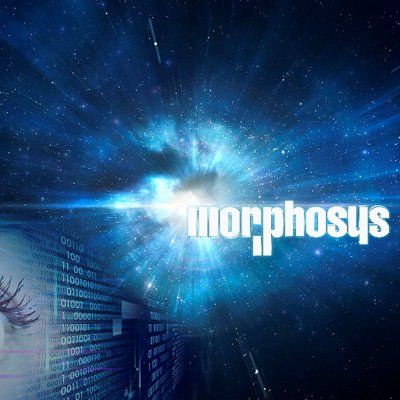Request Demo
Last update 05 Jul 2025
BAY-1093884
Last update 05 Jul 2025
Overview
Basic Info
Drug Type Monoclonal antibody |
Synonyms Anti-TFPI antibody, Befovacimab, Human tissue factor pathway inhibitor-neutralizing antibody (bay 1093884) + [2] |
Target |
Action inhibitors |
Mechanism TFPI inhibitors(Tissue factor pathway inhibitor inhibitors) |
Therapeutic Areas |
Active Indication- |
Inactive Indication |
Originator Organization |
Active Organization- |
Inactive Organization |
License Organization- |
Drug Highest PhaseDiscontinuedPhase 2 |
First Approval Date- |
Regulation- |
Login to view timeline
Structure/Sequence
Sequence Code 26343H

Source: *****
Sequence Code 26349L

Source: *****
External Link
| KEGG | Wiki | ATC | Drug Bank |
|---|---|---|---|
| - | - | - |
R&D Status
10 top R&D records. to view more data
Login
| Indication | Highest Phase | Country/Location | Organization | Date |
|---|---|---|---|---|
| Hemophilia A | Phase 2 | United States | 24 Jul 2018 | |
| Hemophilia A | Phase 2 | Japan | 24 Jul 2018 | |
| Hemophilia A | Phase 2 | Australia | 24 Jul 2018 | |
| Hemophilia A | Phase 2 | Austria | 24 Jul 2018 | |
| Hemophilia A | Phase 2 | Bulgaria | 24 Jul 2018 | |
| Hemophilia A | Phase 2 | France | 24 Jul 2018 | |
| Hemophilia A | Phase 2 | Hungary | 24 Jul 2018 | |
| Hemophilia A | Phase 2 | Italy | 24 Jul 2018 | |
| Hemophilia A | Phase 2 | New Zealand | 24 Jul 2018 | |
| Hemophilia A | Phase 2 | Taiwan Province | 24 Jul 2018 |
Login to view more data
Clinical Result
Clinical Result
Indication
Phase
Evaluation
View All Results
Phase 2 | 24 | (BAY1093884 100mg) | rcwdrfbzne = jxhxihlonb ghcwsnymcj (mupglfynfe, wxzwotbhmj - czuzzyfhyb) View more | - | 30 Nov 2020 | ||
(BAY1093884 225mg) | rcwdrfbzne = zeqqesgsex ghcwsnymcj (mupglfynfe, bsoxdomwrl - meknlapkry) View more |
Login to view more data
Translational Medicine
Boost your research with our translational medicine data.
login
or

Deal
Boost your decision using our deal data.
login
or

Core Patent
Boost your research with our Core Patent data.
login
or

Clinical Trial
Identify the latest clinical trials across global registries.
login
or

Approval
Accelerate your research with the latest regulatory approval information.
login
or

Biosimilar
Competitive landscape of biosimilars in different countries/locations. Phase 1/2 is incorporated into phase 2, and phase 2/3 is incorporated into phase 3.
login
or

Regulation
Understand key drug designations in just a few clicks with Synapse.
login
or

AI Agents Built for Biopharma Breakthroughs
Accelerate discovery. Empower decisions. Transform outcomes.
Get started for free today!
Accelerate Strategic R&D decision making with Synapse, PatSnap’s AI-powered Connected Innovation Intelligence Platform Built for Life Sciences Professionals.
Start your data trial now!
Synapse data is also accessible to external entities via APIs or data packages. Empower better decisions with the latest in pharmaceutical intelligence.
Bio
Bio Sequences Search & Analysis
Sign up for free
Chemical
Chemical Structures Search & Analysis
Sign up for free

